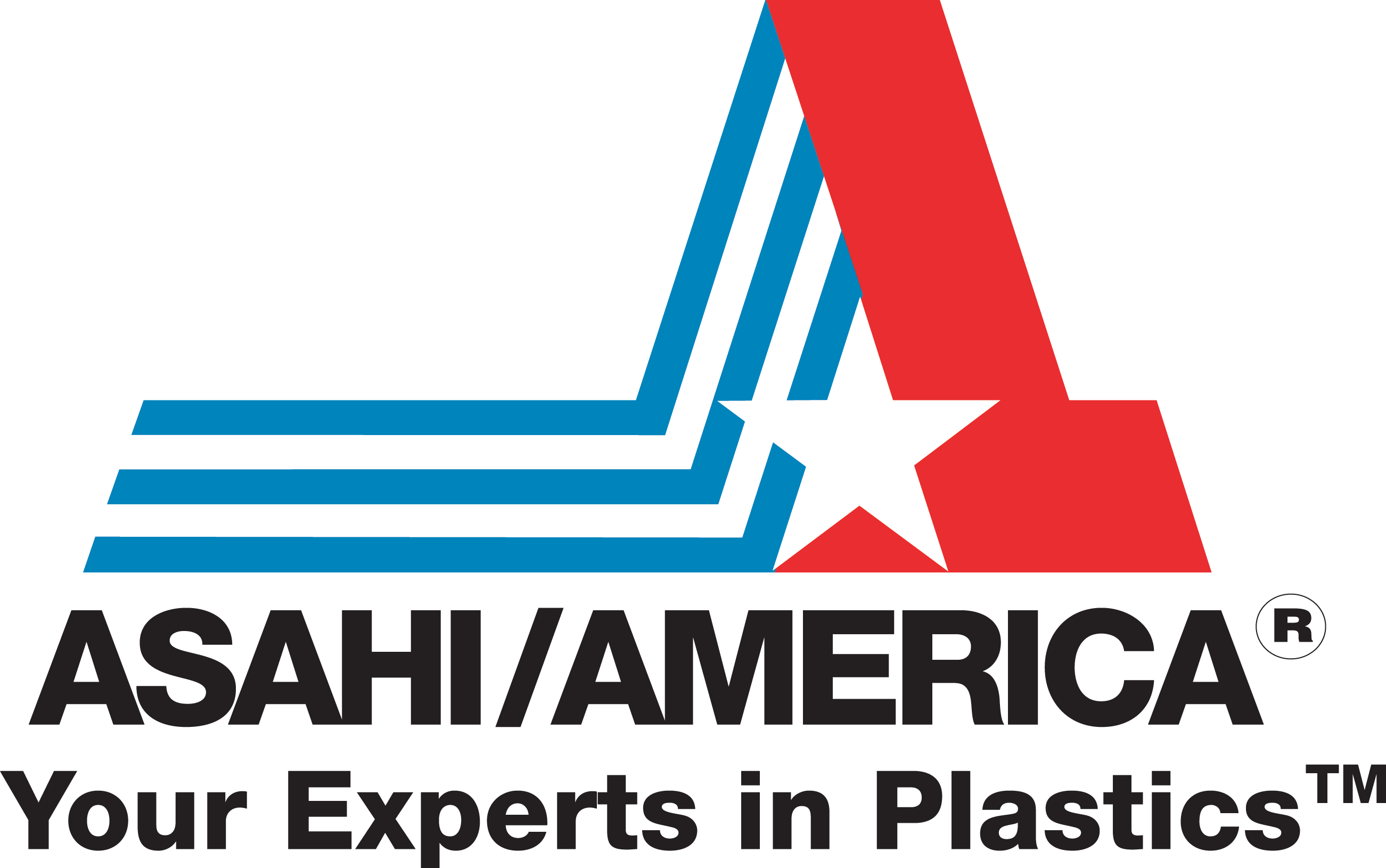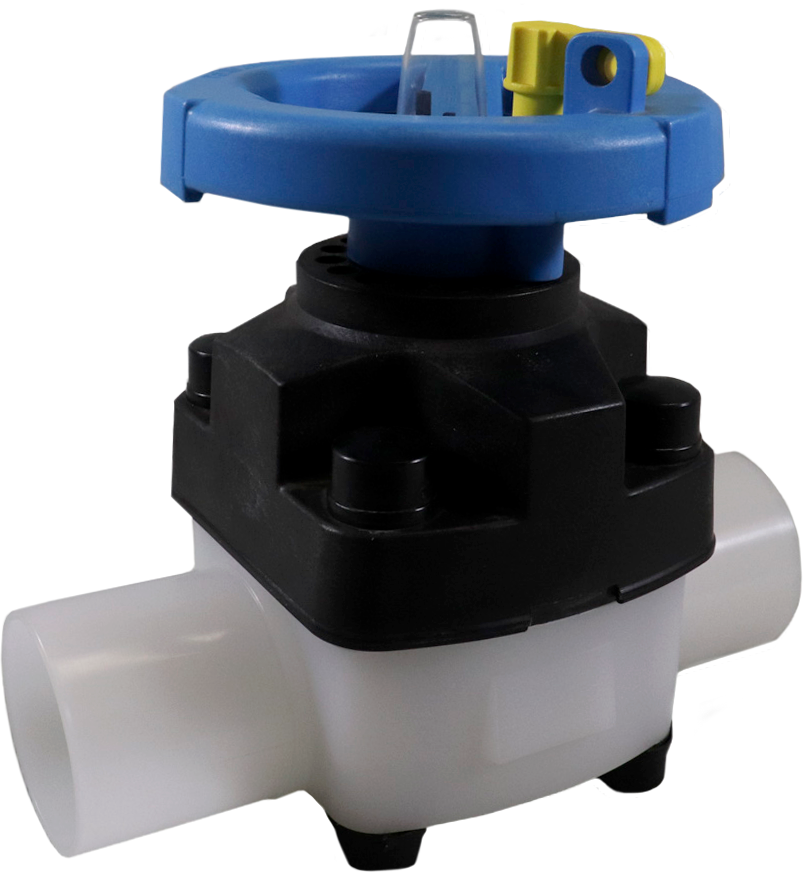

November 1, 2022
Inner Circle
Thermoplastics in the Pharmaceutical and Cosmetics Industry
Contributed by Markus Hunt, Business Development Associate, High Purity Piping – West
It is an enormous privilege to supply products to important markets utilizing our research laboratory, pharmaceutical, and cosmetics capabilities. The projected budget for laboratories of all types: human pharma, veterinary pharma, university research, and pure research is large and still growing.
As of right now, the total addressable market (TAM) for all new or rebuilt labs over only a 12-month future forecast is, at minimum, approximately $33 billion nationwide, comprising of 209 sites. In addition, that momentum will likely produce new plants, as President Biden recently introduced the Cancer Moonshot Program. This introduction indicates renewed government support for R&D and includes incentives of several billion dollars more to reduce cancer deaths by 50% by 2035. Additionally, pharma continues to increase spending for many of its drug programs and will begin to require an increasing number of laboratories moving forward.
Cosmetics are another product of several pharmaceutical companies and aren’t just limited to the typical consumer manufacturers. We group cosmetics as the following:
- Skincare: moisturizers and creams
- Haircare: shampoos
- Face care: creams and lotions
- Personal care: toothpaste and mouthwash
- Treatment: including medicinal creams
Our workhorse materials of choice are Purad® PVDF and PolyPure® natural PP piping systems. They provide the cleanest option to guard against leach-out compared to metal piping while delivering the smoothest surface to combat biofilm development in manufacturing settings.
As some of us are familiar with, the laboratory water specification across these research types will be ASTM-I, ASTM-II, or ASTM-III type water.
- ASTM Type I is ultrapure water used in the electronics industry and for biological applications.
- ASTM Type II is used for high purity laboratory use and for producing pure chemical mixtures.
- ASTM Type III removes 90-99% of contaminants using reverse osmosis directly from tap water. It is primary grade for non-critical uses like rinsing beakers.
Natural polypropylene or PPn has been successfully used for many years in applications involving these water types. Still, there may also be laboratories doing research that require water for injection (WFI) or USP 1231 quality, in which case PVDF is specified. Depending on temperatures and pressures, the owners can also determine if natural polypropylene is acceptable. For further discussion on PP vs. PVDF, view Asahi’s previous article here.
A quick snapshot of how the water quality types compare, along with the recommended welding requirements:
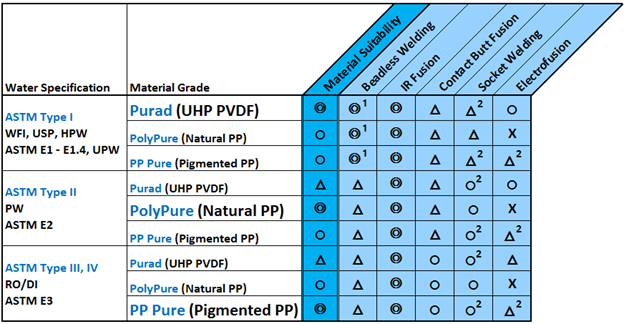
For laboratories – either commercial, private, or educational – the best material solution will be PVDF for some acid requirements and natural polypropylene or PP-Pure® for water delivery and waste. Coupled with our excellent and simple welding technology, these products provide the highest value based on the level of water quality they promote.
Welding Chart:

For lateral and branch isolation, the T-343 diaphragm valve comes in sizes from 1/2″ – 2″ in PolyPure® PPn and PP-Pure® PP.
The valve solutions for isolation and throttling valves for UPW, WFI, or RO/DI systems is either T-342 valves in PolyPure® PPn sizes 1/2″ – 2″ or T-343 valves in PP-Pure® PP sizes 1/2″ – 4″.
When laboratory buildings require pressure regulation, in instances such as multiple sink stations on each floor, we offer the V82/182 pressure regulators in PolyPure® PPn and PP-Pure® PP in sizes 1/2″ – 4″.
To maintain adequate upstream pressure when said pressure reduces from branch line cycling or to be implemented as an inline pressure relief valve, we recommend using the V86/186 in PPn or PP-Pure®.
Additionally, built by our partner AGRU in Austria, the T-241 pressure regulator is a forward pressure regulator that modulates forward upstream pressures for critical upstream use points and is also a cleanroom 1000 component.
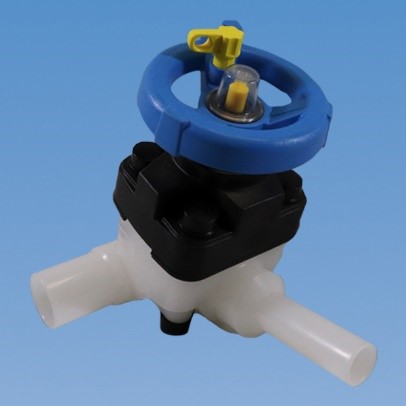
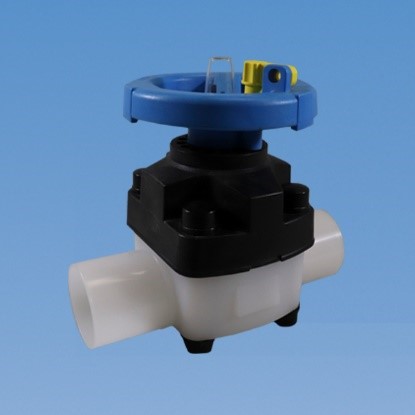
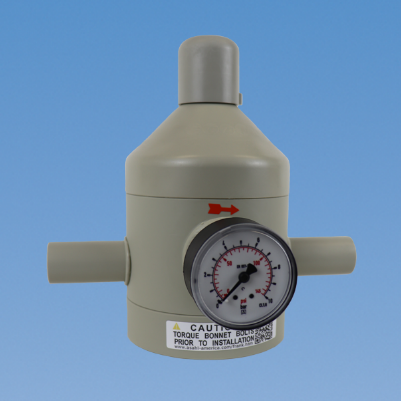
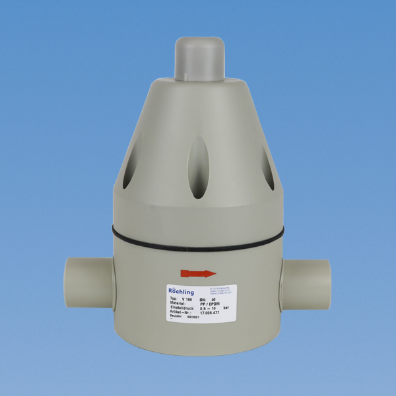
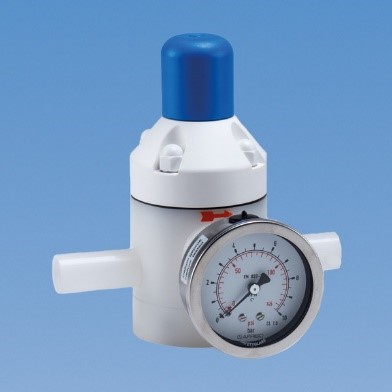
Pharmaceutical, cosmetic, and life science laboratories are a growing market for which we have the best solutions. For challenging installations, call your BDM for assistance.
EDITOR’S NOTICE: Please note, the information in this article is for educational purposes only and does not supersede any Asahi/America technical information or product specifications. Please consult Asahi/America’s technical department at 1-800-343-3618 or pipe@asahi-america.com on all product applications in regards to material selection based on the pressure, temperature, environmental factors, chemical, media, application, and more.
